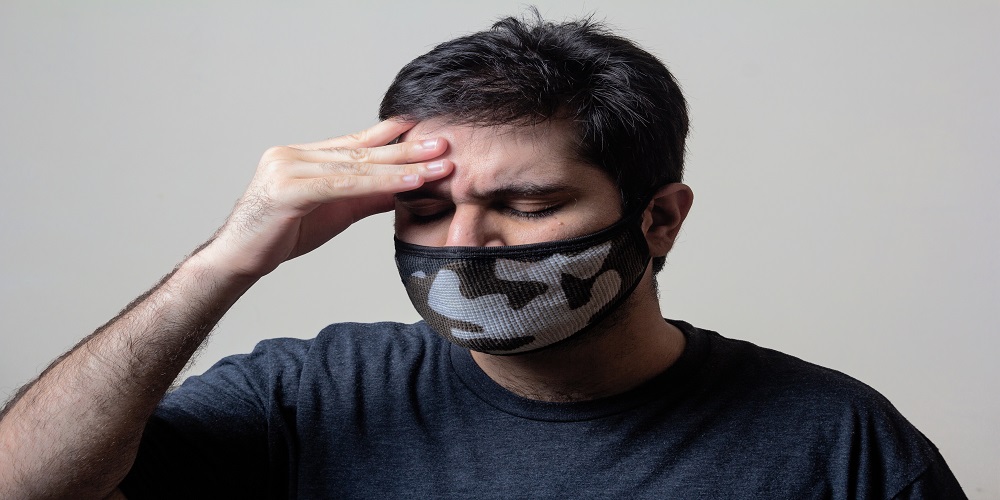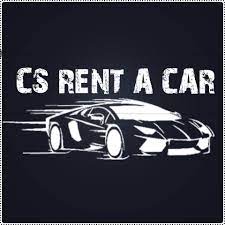You may have heard “concussion” and “post-concussion syndrome.” Especially if you’ve had a head injury, these terms may be familiar.
But they are not the same. Understanding their differences can help you seek appropriate treatment. Continue reading to find out.

What is a Concussion?
A concussion is a form of brain injury that occurs when the brain jolts or is sh inside the skull.
This can happen due to a blow to the head, a fall, or any other impact, which leads to the rapid movement of the brain. Concussions can vary in
severity but are generally classified as mild traumatic brain injuries.
Causes, Symptoms, and Treatment Options
Concussions can happen to anyone. But they are most common in athletes who play contact sports like football, soccer, and hockey.
Symptoms of a concussion can include headache and loss of consciousness. Other symptoms may include dizziness and confusion. Sometimes, symptoms may not appear until hours or days after the injury.
Treatment for a concussion usually involves rest. It also includes avoiding activities that could cause further injury to the brain. In severe cases, hospitalization may be necessary.
Most people with concussions recover within a few weeks. But some may experience long-term effects like memory loss or trouble concentrating.
What is Post Concussion Syndrome?
Post-concussion syndrome (PCS), may develop after a person has suffered a concussion.
Symptoms may persist for many months after the initial injury characterizing the condition. PCS is not completely understood. Some researchers believe it results from brain changes due to the concussion.
Symptoms, Risk Factors, and Long-Term Effects
Symptoms of PCS can include headache, dizziness, fatigue, difficulty concentrating, and memory problems.
Risk factors for developing PCS include a history of previous concussions and depression.
The long-term effects of PCS can vary. But, some people may experience chronic pain, difficulty with coordination, or cognitive impairment.
Treatment for PCS may involve medication, therapy, or lifestyle changes. All these are to manage symptoms and improve quality of life.
Differences Between Concussion and Post Concussion Syndrome
Here is a contrast of concussion vs post-concussion syndrome::
1. a concussion is an acute injury that occurs immediately after an impact on the head. While post-concussion syndrome is a chronic condition that can develop over time.
2. Concussion symptoms usually include headache, nausea, dizziness, and confusion. While post-concussion syndrome symptoms may include headaches, fatigue, difficulty concentrating and memory problems
3. Concussion symptoms usually last for a few days or weeks. Post-concussion syndrome symptoms can last for months or even years.
4. concussion treatment usually involves rest. Treatment for post-concussion syndrome may involve medication, therapy, or lifestyle changes.
Diagnosis, Recovery, and Prognosis
Diagnosing concussion and PCS involves a physical exam, neurological testing, and imaging studies.
Recovery from a concussion usually takes a few weeks. Usually, recovery from PCS can take much longer. It’s important to note that recovery time depends on the injury’s severity.
The prognosis for both conditions depends on the severity of the injury. Most people with concussions will recover after a short while. In contrast, those with PCS may experience long-term symptoms.
In either case, seeking medical attention and following a treatment plan is important.
Concussion & Post Concussion: When to seek medical attention
How do you know when you should seek an expert’s attention?
Here are some signs to look out for if you think you’ve developed a concussion. They show you should seek medical attention immediately.
1. Loss of consciousness
2. Confusion or disorientation
3. Memory loss
4. Headaches or migraines
5. Nausea or vomiting
Conclusion
In conclusion, understanding the difference between concussion and post-concussion syndrome is crucial. Particularly for anyone who has suffered a head injury or is at risk of one.
Both conditions can have serious implications for health and well-being. But proper diagnosis and treatment can help manage symptoms and promote recovery.
Suppose you have had a head injury and are showing concussion symptoms. It is crucial to seek medical attention immediately. Talk to your doctor and follow their recommendations for promoting healing.



